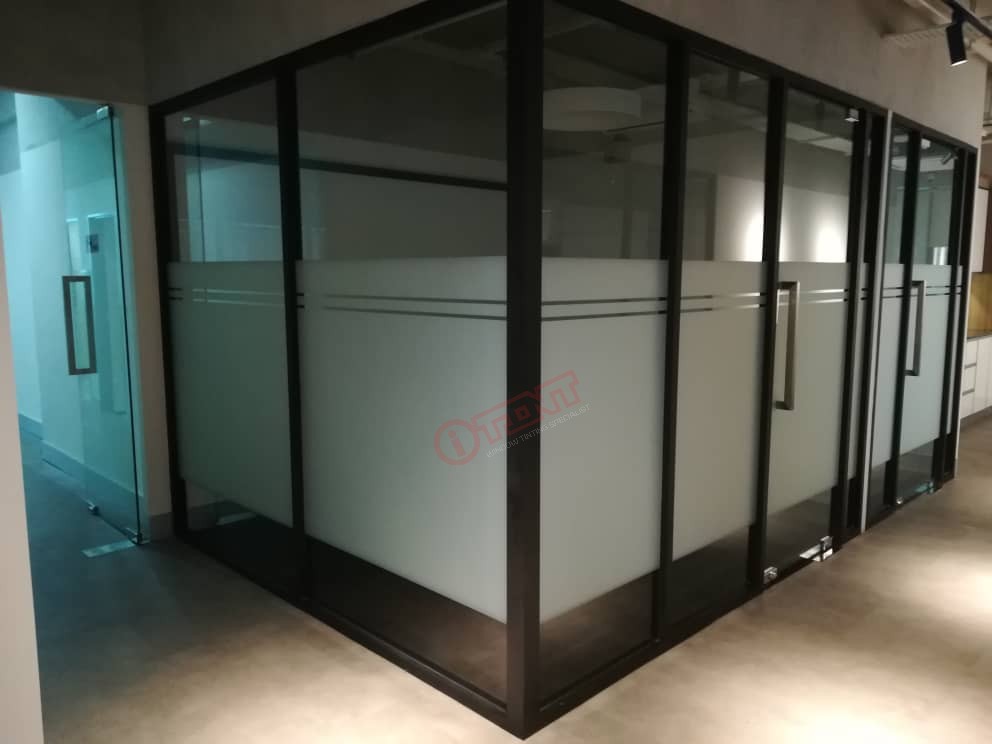Soos vensterverkleuring ontwikkel, so do the techniques employed by professionals seeking to push the boundaries of performance and aesthetics. Moving beyond the fundamentals, advanced window tinting techniques integrate cutting-edge technology and refined methods to achieve superior results. This article delves into the world of advanced window tinting, unveiling techniques that go beyond the basics, enhancing not only the visual appeal but also the functionality of tinted windows.
- Precision Computer-Cut Tinting:
- Advanced window tinting often involves computer-aided design and cutting technology. This allows for precise, custom-cut tint films tailored to the exact specifications of each window. The result is a flawless fit that enhances both the aesthetic and functional aspects of the tint.
- Nano-Ceramic Technology:
- Traditional window films often rely on metallic components for heat rejection. Advanced tinting embraces nano-ceramic technology, using microscopic ceramic particles that reject heat without interfering with electronic signals. This innovation provides superior clarity, durability, and performance.
- Smart Tinting Solutions:
- The advent of smart tinting technology introduces dynamic solutions that adapt to changing light conditions. Smart tints can be electronically controlled to transition between transparent and opaque states, offering occupants control over privacy and light penetration.
- Multiple Layered Tinting Systems:
- Advanced techniques involve the application of multiple layers of tint films. This approach allows for the customization of tint darkness, heat rejection, and UV protection, catering to specific needs in different regions or seasons.
- IR-Reflective Films:
- Infrared (IR)-reflective films are designed to block not only UV rays but also infrared heat. This advanced technology provides enhanced heat rejection, keeping interiors cooler and more comfortable.
- Edge Sealing for Longevity:
- Ensuring the longevity and performance of window tinting involves advanced edge-sealing techniques. Professionals may use specialized tools and materials to seal the edges of the tint film securely, preventing peeling or bubbling over time.
- Anti-Glare Coatings:
- Advanced tinting solutions may include anti-glare coatings that reduce glare from headlights and direct sunlight. This not only improves visibility but also enhances the overall driving or living experience.
- IR Photography for Heat Mapping:
- Professionals may employ infrared (IR) photography to create heat maps, identifying areas of the window that receive the most sunlight and heat. This data informs the precise application of tint films to optimize heat rejection.
Afsluiting:
Advanced window tinting techniques represent a fusion of innovation and expertise, elevating the practice beyond basic applications. Whether through precision computer-cutting, nano-ceramic technology, smart tinting solutions, or other cutting-edge methods, these advanced techniques offer enhanced performance, durability, and aesthetic appeal. Soos tegnologie voortgaan om te vorder, the future holds even more exciting possibilities for the world of window tinting.





